
About the
panel
Our panel brings together diverse perspectives of fish+ stakeholders in Scotland, including producers of different scales, geographic regions, fishing methods and products, coastal communities, animal welfare representatives, environmental and conservation advocates, workers rights advocates, people working in nutrition and public health, retailers, and processors.
Fish+ includes all animals, plants, and algae from aquatic environments.
Panel Members
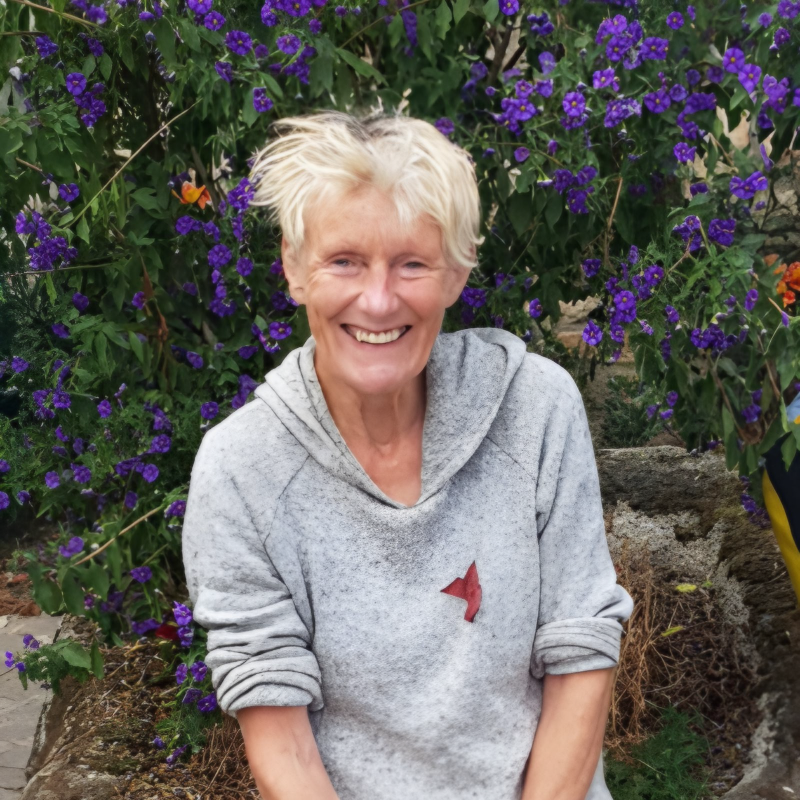
Leonie Alexander
My background is in the environmental NGO sector subsequently co-establishing an Ecological Consultancy – The Wildlife Partnership – where I worked as an Ecological consultant for 25 years, more recently working as Urban Biodiversity Officer at RBGE with a focus on partnership working to find innovative ways to boost people’s connection with nature and to improve nature’s chances in the city.
As part of my work at RBGE Edinburgh Shoreline was created and from this – Restoration Forth. ES and RF highlight the historic abundance of food from the Firth of Forth with the fishing industry now reduced to gleaning the bottom of the food chain.
The sea offers so much potential for recovery of nature, sustainable fishing, food security, Carbon capture and health and wellbeing but there is considerable polarisation between sectors. Fish+ offers a constructive platform to find common understanding and contribute to a better future.
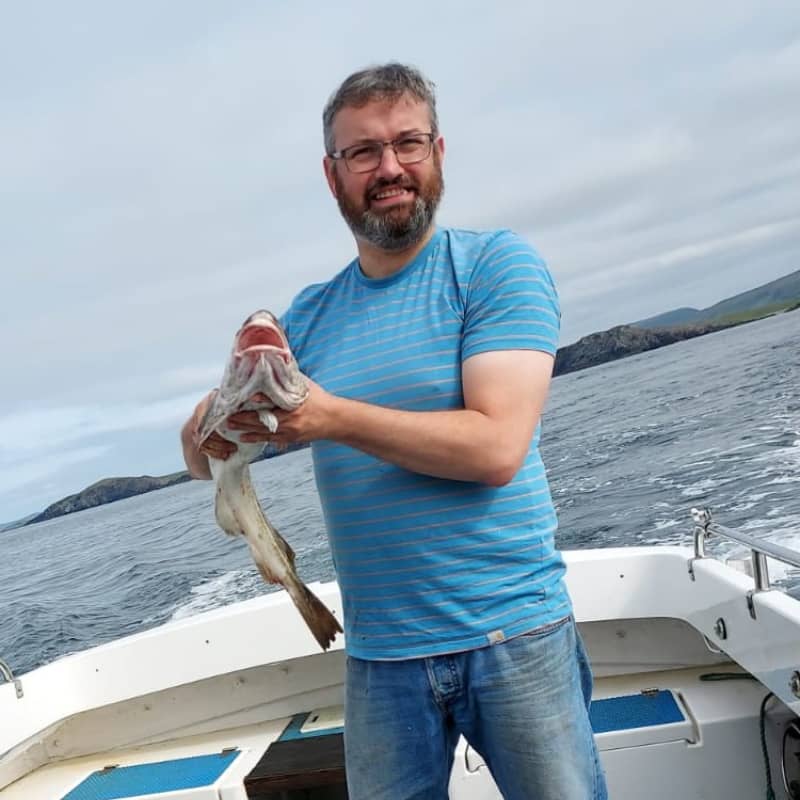
Neil Beattie
As Lead Officer for Catering at Shetland Islands Council, I bring a grounded, place-based perspective to the panel. I work at the practical end of turning food policy into real meals for real communities. Living and working in Shetland, I see every day how geography, supply chains, and budgets shape what’s possible in public sector food.
I’m especially passionate about the role of locally sourced seafood in schools—where it can support health, education, and local economies. I’ve led a shift in our procurement practices to prioritise Shetland-based producers and suppliers, ensuring that public sector food spend supports our local economy and reduces food miles.
Despite being surrounded by rich fishing grounds, much of our catch is exported. As chair of the Hands-on Hungry network and ASSIST FM’s lead on the Good Food Nation Act, I advocate for practical, inclusive food policy. I’m excited to contribute to the Fish+ panel and ensure island voices—and the realities of implementation—help shape Scotland’s Good Food Nation journey.

Phil Bennett
I have lived and worked in Orkney for over 25 years and very much consider it my home. Orkney, the smallest local authority in Scotland, has a rich heritage of fishing, which still makes a significant contribution to the local economy.
I am currently the Chair of Orkney’s Regional Inshore Fisheries Group (RIFG), which is 1 of 6 covering Scotland. The aim of the RIFG network is to improve the sustainable management of inshore fisheries and to give commercial inshore fishers a voice in wider marine Management developments. Previous to this, I have held various management roles, including within Local Government and worked within the civil service.
In my time within Local Government, I was the Service Manager for Integrated Community Schools and worked alongside schools as they focused on raising standards, improving equity, and enhancing the overall learning experience. Over time this has included promoting well- being through various programs and policies, including healthy eating. I believe early education is central to promoting Fish+ in a Good Food Nation.
Whilst the above indicates why I am interested in Fish+ in a Good Food Nation, I am also very interested in access to locally caught produce and traceability, boat to plate. Not only will this help people appreciate the freshness and goodness of Fish+ within their diets but also helps by reducing food miles. (It is also good for the environment as Fish+ does tend to have a smaller carbon footprint than animal proteins.)
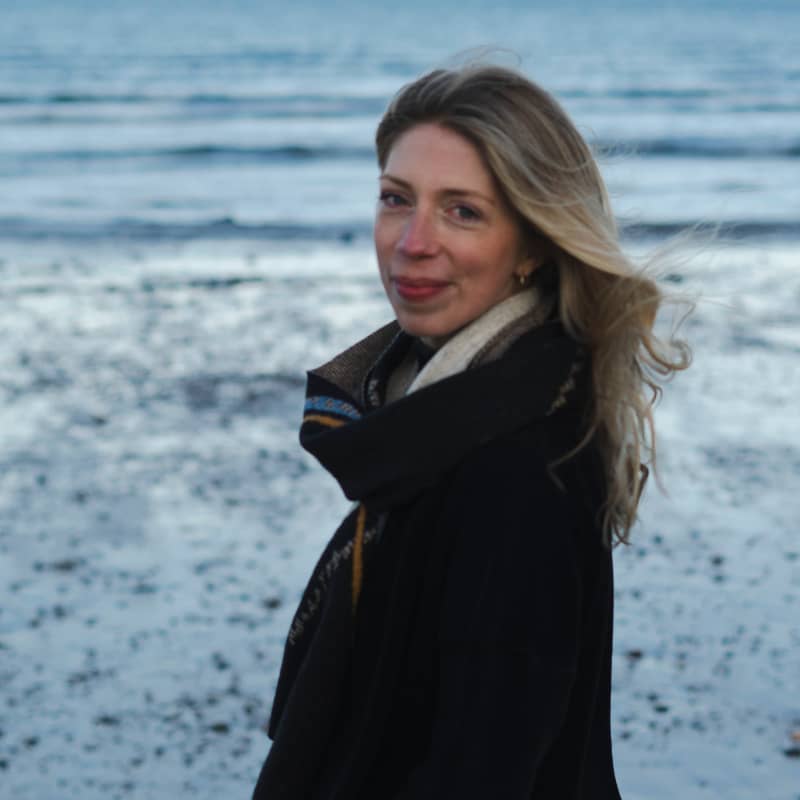
Nora Boeggemann
Nora is a responsible sourcing practitioner and advocate for labour rights in corporate supply chains. Based in Aberdeen, she has worked with companies, industry groups, government bodies, and NGOs to help shape meaningful human rights due diligence. Her focus is on models that genuinely empower workers and communities. At Focus on Labour Exploitation (FLEX), a research and policy organisation, she coordinates a pilot project that centres migrant fishers in Scotland and holds companies accountable for conditions on the vessels they source from.
Nora also works independently as an advisor across the UK and Europe and is part of a regenerative economy collective.
As a member of the Fish+ panel, she looks forward to honest conversations about the lived experiences, challenges, and opportunities for workers across the seafood industry—and what it would take to harness these perspectives in building a seafood system that is it for the future.

Mark Borthwick
Mark Borthwick PhD (ABD), MSc (Res), MA (Hons) Edin. is an innovative agriculture specialist and OOCDTP doctoral fellow focusing on on-farm behaviour change in salmon farming. He is currently UK Policy Manager at World Animal Protection UK, and was formerly Head of Research at the Aquatic Life Institute.
Mark has contributed to fish welfare legislation in a number of policy environments, including the UK APPG for Animal Welfare, Holyrood, Global GAP, and the European Commission. With a background in animal welfare inspections and organic farm certification, Mark is interested in creating a Just Transition for farmers, animals, and the environment towards systems which are extensive, resilient, and compassionate.
Mark is particularly interested in bridging the gap between agri-science and public engagement in food futures, and has toured award-winning traditional storytelling shows about salmon farming (Land Under Wave), and land reform (TÁIN).
For more see: www.markborthwick.info

Lukas Bunse
I have several years’ experience researching the interactions between our economy and the environment and advocating for economic transformation. For my PhD at the University of Leeds I investigated how structural change can contribute to the creation of a sustainable, post-growth economy and I am currently working as Policy and Knowledge Lead for the Wellbeing Economy Alliance in Scotland.
I live on the west coast of Scotland where I regularly enjoy immersing myself in our local marine environment through swimming and snorkelling. Both through my work and my hobbies I have witnessed the tensions that the use of our marine environment can create. I am keen to learn more about the issue and work towards building a constructive understanding as part of the panel.

Sarah Evans
Sarah Evans is a dedicated advocate for sustainable seafood and its critical role in our food systems. With a background in marine biology and a Master’s degree in Aquatic Food Security from the University of Stirling, Sarah has built her career at the intersection of environmental stewardship and food sustainability.
She spent over five years working in the shellfish industry as a sustainability manager, where she led initiatives to improve environmental performance, enhance traceability, and support responsible aquaculture practices. Her hands-on experience in the seafood sector has given her a deep understanding of the challenges and opportunities in balancing ecological health with the growing demand for nutritious, ocean-derived food.
Currently serving as an aquaculture policy officer at the Marine Conservation Society, the only UK NGO with a dedicated aquaculture programme, Sarah works to influence policies that support sustainable aquaculture development. Sarah is passionate about bridging the gap between science, industry, and policy to create a more sustainable and equitable food future. Her work focuses on aligning aquaculture and related policies with ecological integrity and food security goals, ensuring that seafood becomes a healthy and sustainable choice for future generations.
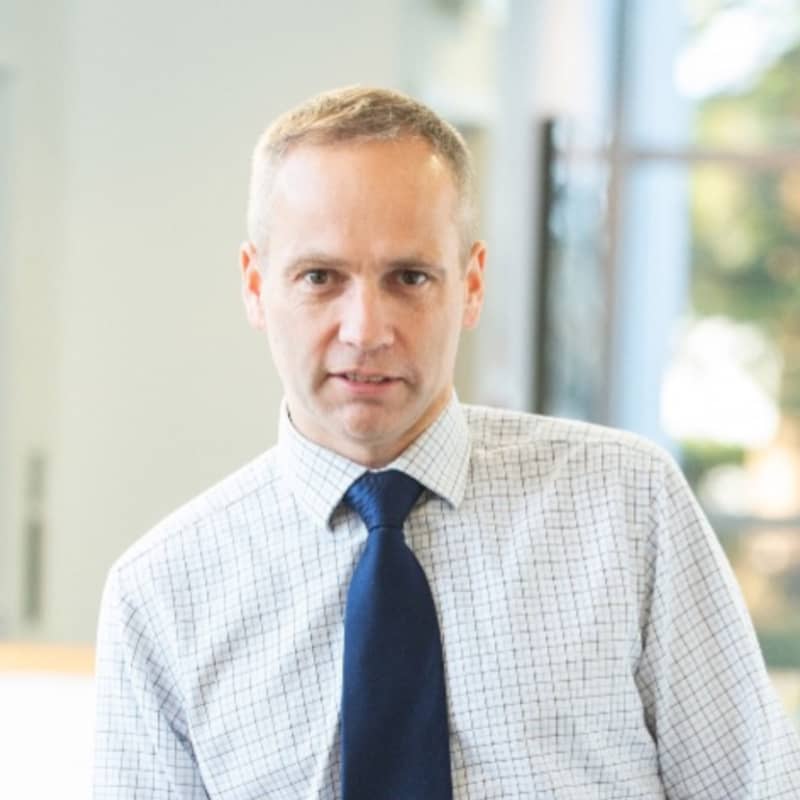
Prof. Stuart Galloway
Stuart Galloway is a Professor of Exercise Physiology / Sport Nutrition at the University of Stirling within the Faculty of Health Sciences and Sport. He has worked on human nutrition and metabolism research and education for just over 35 years. In the past 10 years some of his research has focused on omega-3 fatty acids and their potential application to retention or gain of lean muscle mass in older or younger active adults, which has both clinical and applied sport applications. His teaching encompasses both undergraduate and postgraduate students in exercise science and sport nutrition.
He is also passionate about sustainability and environmental issues which encompasses the food we eat as well as the way we travel. He has published extensively from his research, including several review papers, book chapters and position statements.
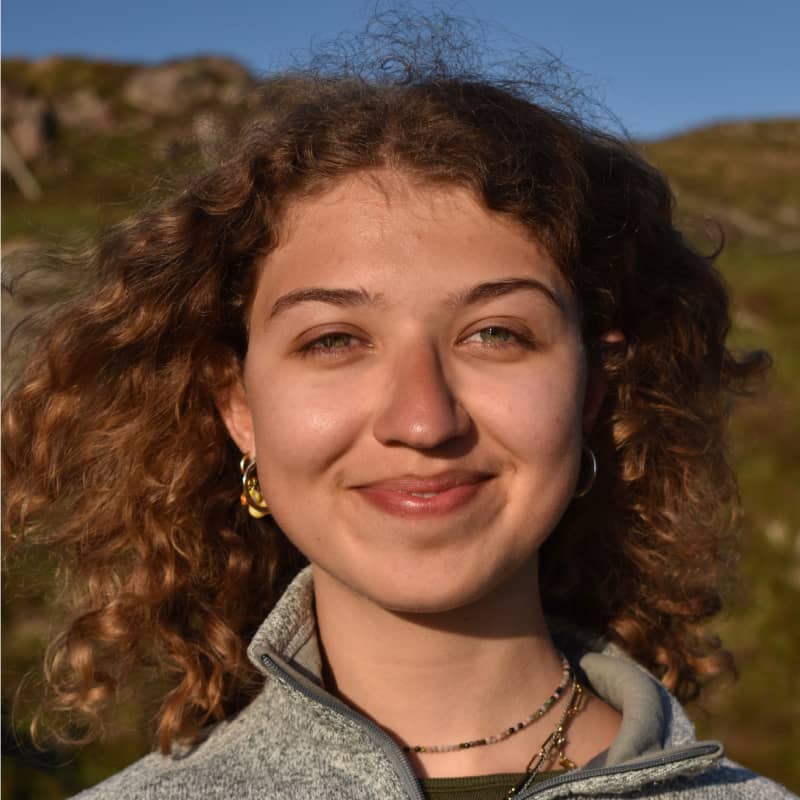
Isadora Jalil
I am an undergraduate marine science student at the Scottish Association for Marine Science, and an advocate for sustainable ocean practices. I deeply care about the future of our seas, with my journey beginning with a childhood commitment to become vegetarian and evolving into a nuanced understanding of resource management.
I am particularly passionate about making fisheries more sustainable, from an environmental, social, cultural, and economical perspective, ensuring that both coastal communities and marine ecosystems thrive.
I believe that real, lasting change must be co-created with the people who depend and care for the ocean, bridging the gap between conservation and industry. Through this panel, I hope to represent young voices and help shape a food system where aquatic products are valued, responsibly produced, and accessible to all.
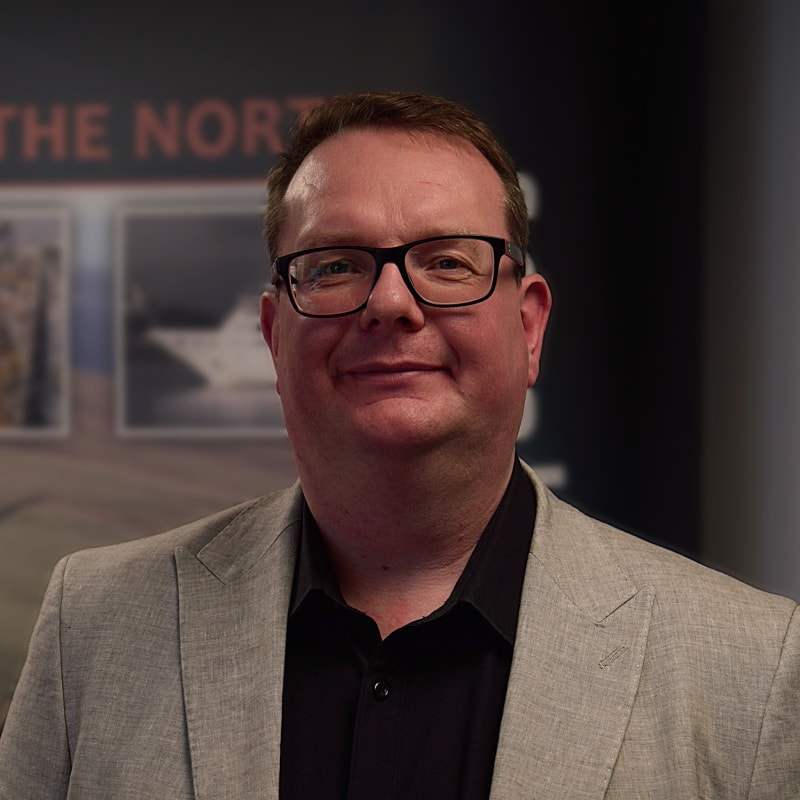
Ryan Maclean
Ryan Maclean is the Trust Manager at Scrabster Harbour Trust, the UK mainland’s most northerly port and a key hub for fishing, seafood, ferry and maritime industries. In his role, Ryan oversees strategic development, and engagement with a wide range of stakeholders, from local fishing businesses to national policymakers. He has a strong interest in supporting sustainable economic growth for coastal communities and ensuring the fishing sector remains viable for future generations.
With a background in retail management and community development, Ryan brings practical experience of the challenges and opportunities facing Scotland’s seafood sector. He is committed to ensuring that Scotland’s coastal communities continue to benefit socially and economically from fisheries while contributing to national ambitions for a fairer and more sustainable food system.
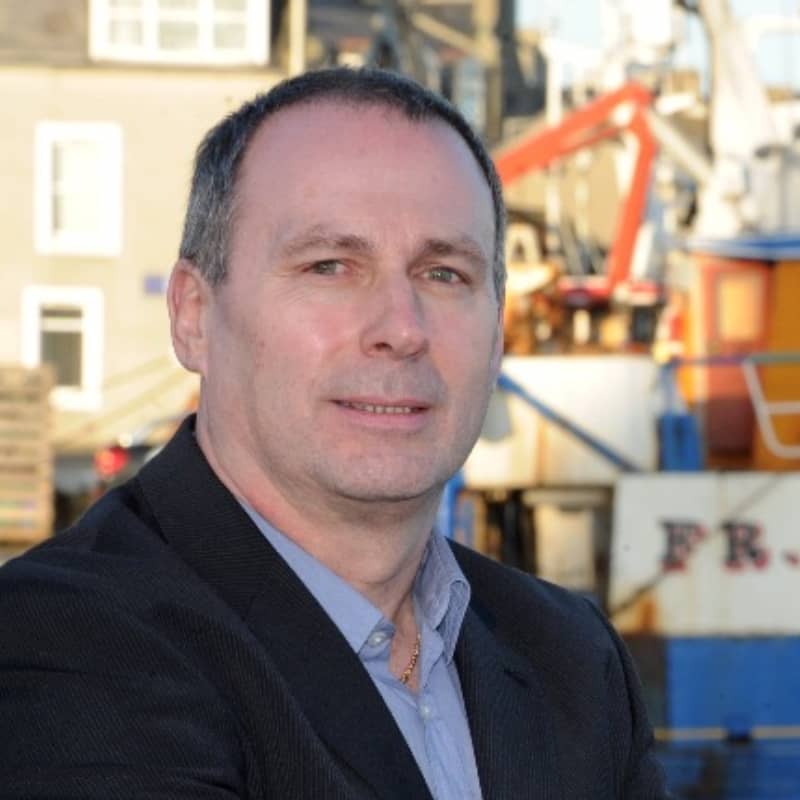
Mike Park
Mike entered the fisheries sector at the age of 16 and pursued a fishing career for 30 years, of which 25 were as skipper. Mike is currently CEO of the Scottish White Fish Producers Association, which represents 240 individual vessels and 1400 fishermen.
His other commitments include chair of the Seafish Scottish Advisory Committee, Chair of Box Pool Solutions Ltd and Chair of the Northern Fishing Alliance, an international group made up of fishermen and their leaders. He also chairs the Scottish Fisheries Sustainability Accreditation Group, the driving force behind certification of the main Scottish demersal stocks.
Mike is a member of various other industry/government initiatives including Fisheries Management and Conservation, the group instrumental in changing the face of fisheries in Scotland. Mike is a recent winner of the coveted, ‘Scottish Green List’ and was the winner of the WWF International Sustainability award in 2010. He received an OBE from the Queen in 2018 for his commitment to Marine conservation.
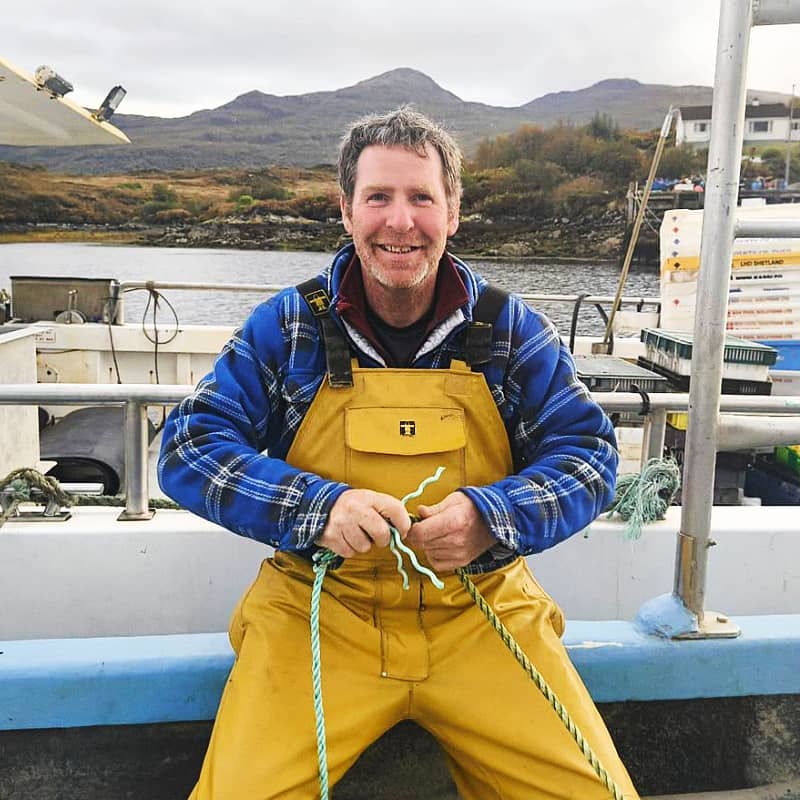
Bally Philp
Alistair ‘Bally’ Philp is a lifelong fisherman based on the Isle of Skye, with decades of experience working across Scotland’s west coast. Over his career, he has been involved in a wide range of inshore fisheries—including dredging, trawling, and creeling—developing a deep knowledge of the marine environment and the challenges facing coastal communities.
A passionate advocate for sustainable fisheries and marine ecosystem recovery, Bally plays a leading role in shaping the future of Scotland’s inshore sector. He currently coordinates the Scottish Creel Fishermen’s Federation, representing under-12-metre static gear vessels. He also serves as a Director for both the Low Impact Fishers of Europe (LIFE) and the Our Seas coalition in Scotland. Bally contributes to several UK initiatives focused on sustainable fishing, including the Scottish Entanglement Alliance, Clean Catch UK, and the Small-Scale Inshore Fisheries Consortium.
He recently completed a term with the Westminster APPG on Fisheries, and now sits on the Scottish Cross Party Group on Fisheries and Coastal Communities.
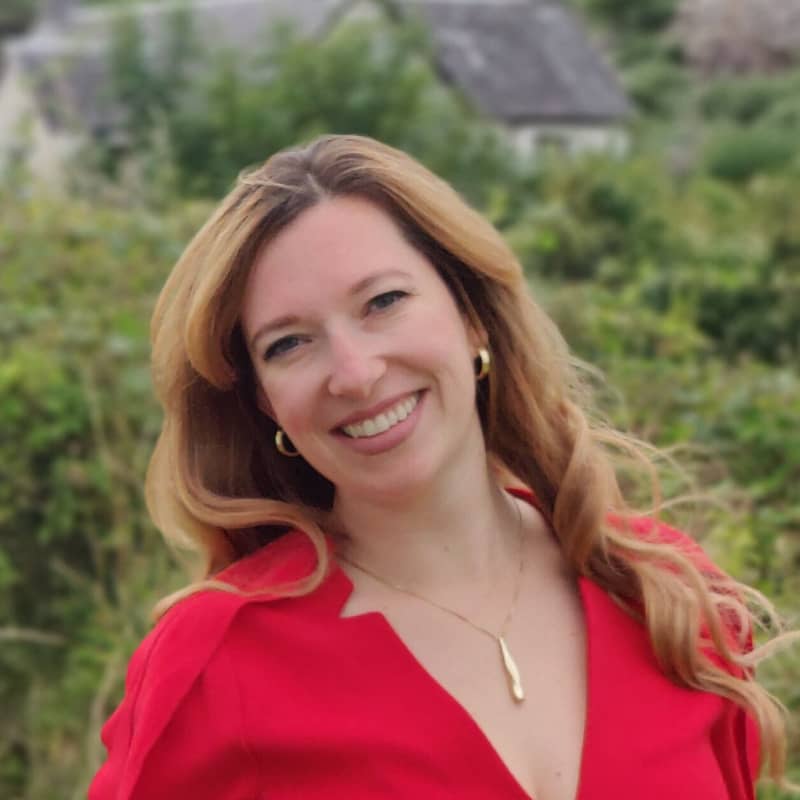
Rhianna Rees
A passionate advocate for sustainable ocean systems, Rhianna leads the Scottish Seaweed Industry Association, driving innovation, collaboration, and growth across the UK’s seaweed sector. With a background in knowledge exchange, regulation, and industry development, she champions seaweed’s role in the blue economy, from biostimulants to food systems. As co-chair of Women in Scottish Aquaculture, she also fosters inclusivity and leadership in marine industries.
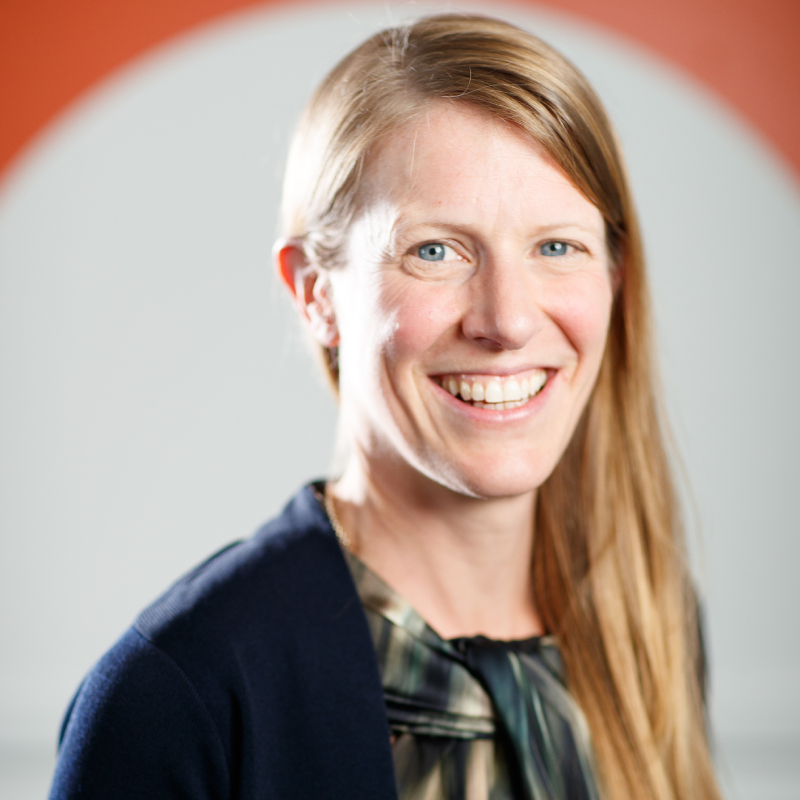
Caroline Robinson
Caroline has two decades’ experience working on labour abuse, exploitation, and human trafficking. In 2022, she established the Worker Support Centre (WSC) in Scotland and serves as its Executive Director. WSC directly supports isolated and marginalised workers and works to promote fair work for all and to prevent exploitation.
In the context of her extensive expertise on preventing labour exploitation and experience of engagement with workers in high-risk labour sectors Caroline has a strong interest in workers’ rights and exploitation in the fishing sector. From 2012-19, Caroline founded and directed the UK NGO Focus on Labour Exploitation (FLEX), which, under her leadership successfully re-framed the UK approach to labour exploitation. At FLEX Caroline oversaw research into exploitation in the UK fishing industry.
From 2008-11 Caroline led global policy engagement for the Global Alliance against Traffic in Women (GAATW) working with people at risk of exploitation across Asia. In 2011 she founded the Anti-Trafficking Review Journal and sits on its Editorial Board. She also sits on the Women and Work Advisory Board for GAATW.
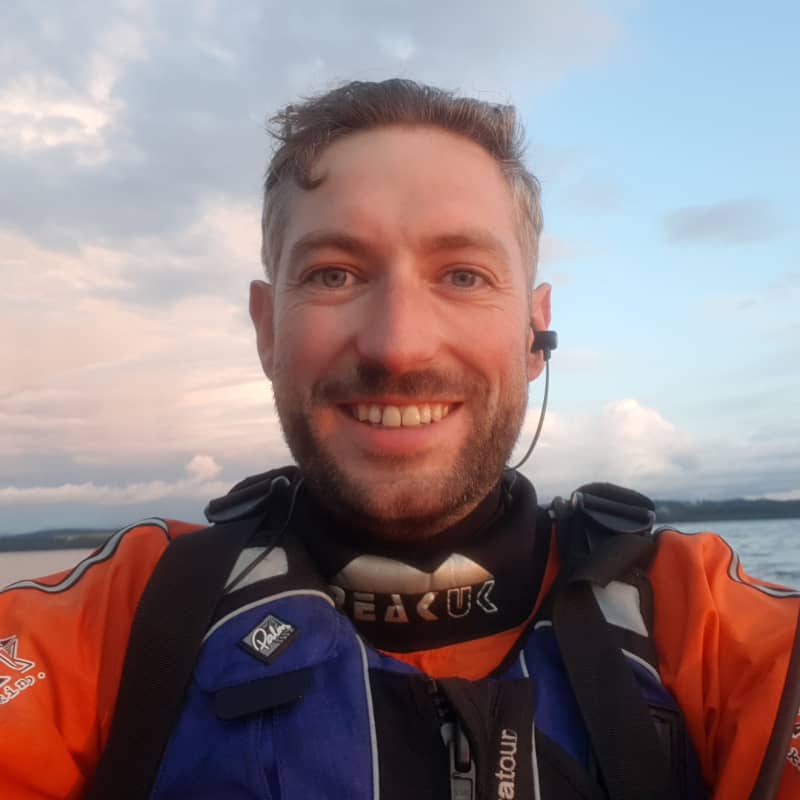
Phil Taylor
Phil Taylor co-founded and now leads the marine conservation charity Open Seas. He has worked in many conservation roles throughout his career including running the rat eradication from the Shiant Isles, lobbying for the adoption of albatross bycatch mitigation measures in the tuna RFMOs, setting up the world’s largest database of seabird and penguin tracking data, and advocating for the establishment and protection of marine protected areas here in Scotland.
He tries to combine analytical and technical background with policy detail. He takes a principled but nuanced approach. He wants to see the health of the seas improved for the benefit of the future and society.
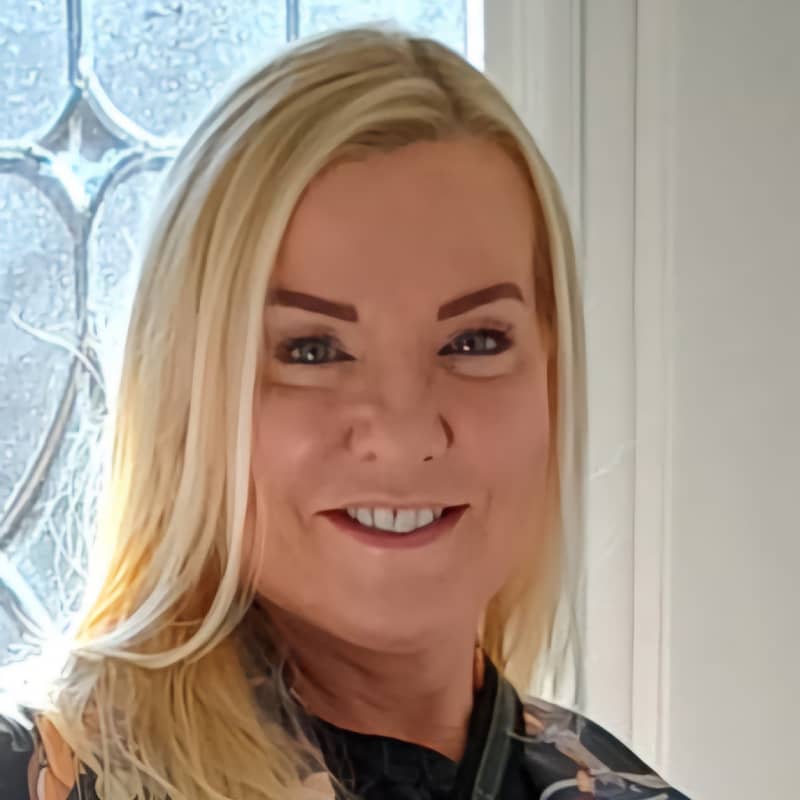
Margaret Valenti
Margaret is Catering Business Manager within the Corporate Catering Team at NHS Greater Glasgow and Clyde working to provide food fluid and nutrition to patients in line with current legislation and regulations. Over the years she has gained valuable knowledge and experience in all aspects of patient catering from large scale production to food safety and governance.
Margaret is also an experienced member of the National Procurement Catering Advisory Panel and places great value in how the NHS source patients food in Scotland in relation to quality, nutritional value, patient health, sustainability and the local community. Her involvement with national initiatives have included Food Waste Strategy, Food Safety Assurance Manual and development of the National Catering Information System.
As a big fish lover herself she would love to see Scottish seafood given more promotion on menus across all sectors and is delighted to be a member of the panel.
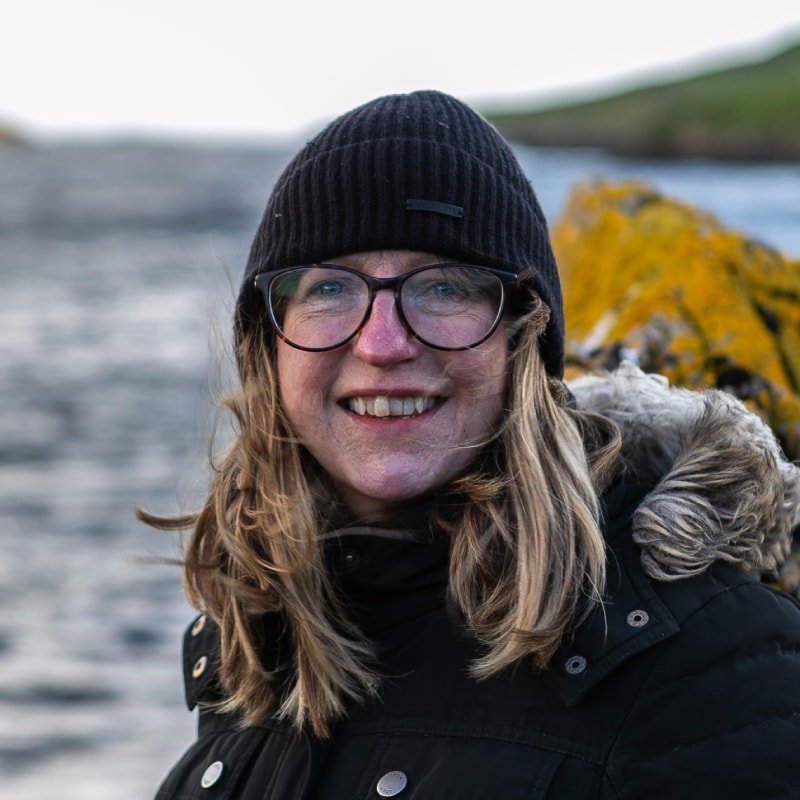
Kelly Wright
Kelly Wright is a former Commercial Director turned eco-entrepreneur with a passion for sustainable food systems. As Ambassador for Scottish Farmed Shellfish, she champions mussels and oysters as some of the world’s most sustainable farmed proteins and advocates for their wider consumption. She is also the founder of The Refillery, Edinburgh’s ethical grocery store promoting low-impact food choices.
With a 25-year career in the food manufacturing industry spanning senior roles in marketing and commercial leadership—including 15 years in seafood—Kelly brings a deep understanding of the challenges and opportunities within UK food production and supply chains.
A member of the Scottish Seafish Advisory Panel, she combines seafood industry expertise with environmental advocacy, offering the Fish+ panel practical insight, innovative ideas, and a commitment to advancing sustainable seafood, ethical business practices, and informed consumer choices across Scotland.
The
Secretariat
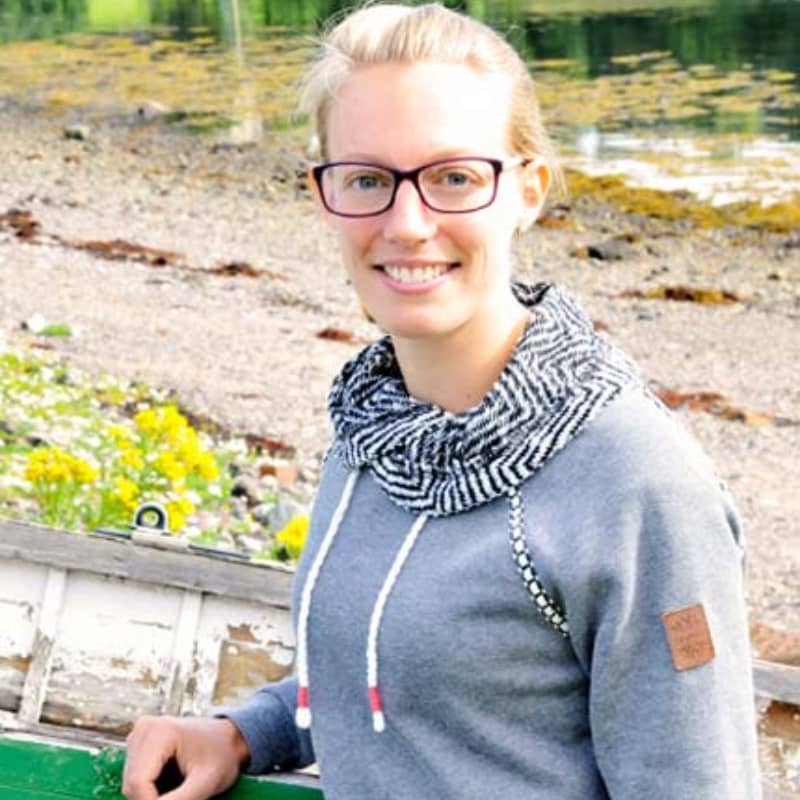
Dr. Suzi Billing
Dr Suzannah-Lynn (Suzi) Billing holds a PhD in Marine Social Science from the University of Aberdeen and currently leads projects at the Scottish Association for Marine Science on the socio-cultural interactions of marine production systems, including seafood. She is member of the International Council for Exploration of the Sea (ICES) Working Group on the Social and Economic Dimensions of Aquaculture, and an advisor to the Scottish Seaweed Industry Association (SSIA).
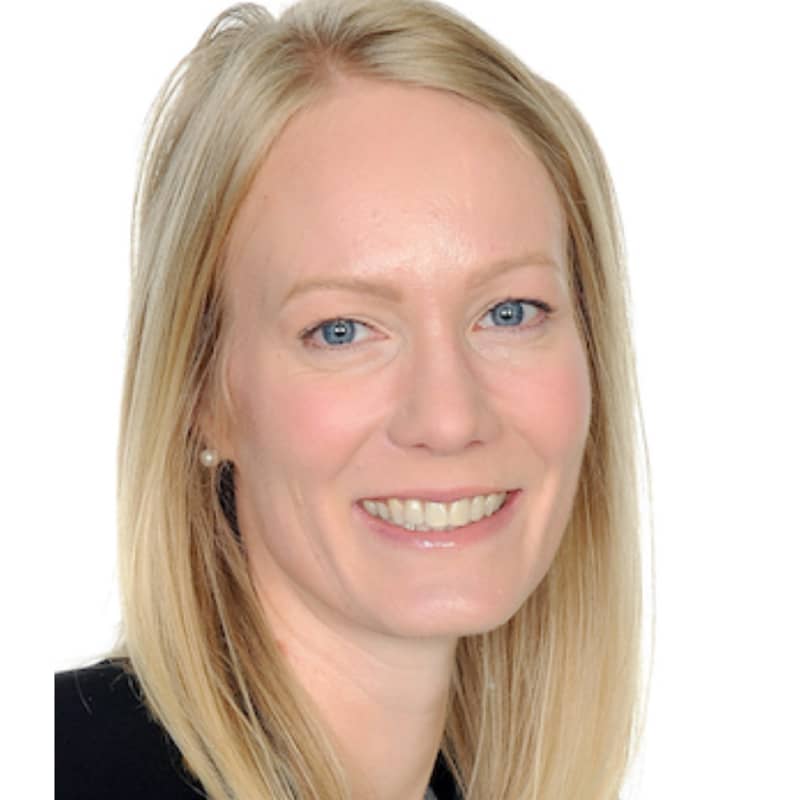
Dr Ingrid Kelling
Dr Ingrid Kelling holds a PhD in Sustainable and Ethical Aquaculture Trade from the University of Stirling, and currently leads a research team at Heriot-Watt University focusing on building equity and inclusion in the seafood sector. Ingrid has previously worked at the European Parliament, OECD, WorldFish Center and Unilever ICF, and now holds several executive leadership industry positions, including co-Chair of the Board of the Global Seafood Sustainability Initiative (GSSI), Forum Convener for the Sustainable Aquaculture Forum of the Marine Alliance for Science and Technology Scotland (MASTS), and co-Chair of Women in Scottish Aquaculture (WiSA).
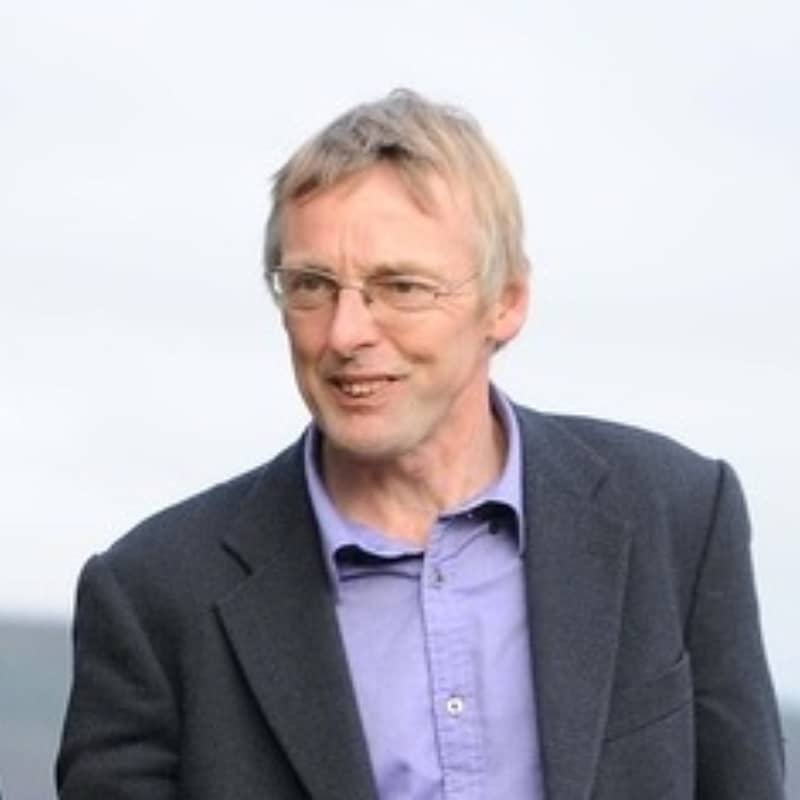
Pete Ritchie
Pete is Nourish Scotland’s Executive Director. He has a background in community development and social policy. Pete was a panellist of the Farming for 1.5 Inquiry, which Nourish Scotland co-ran with the National Farmers Union in 2019. The structure of which, has informed the Fish+ in a Good Food Nation Panel initiative. Pete also ran Whitmuir Organics Farm with his partner Heather Anderson. Being a farmer inspired him to want to want to change the food system in Scotland.
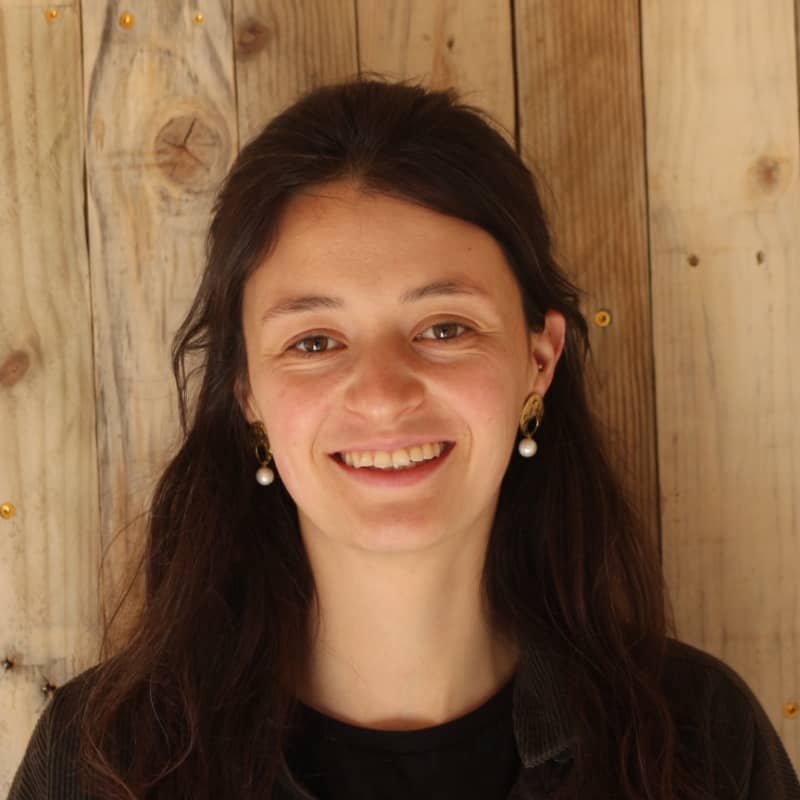
Diana Garduño Jiménez
Diana is a Senior Food Justice officer at Nourish Scotland. She is passionate about supporting just & resilient food systems through citizen-led initiatives and policy. She is experienced in enhancing public participation in decision-making through creative facilitation methods. She leads on Nourish’s work in aquatic foods as well as managing a partnership of food and farming organisations to support Scotland’s transition to agroecology.
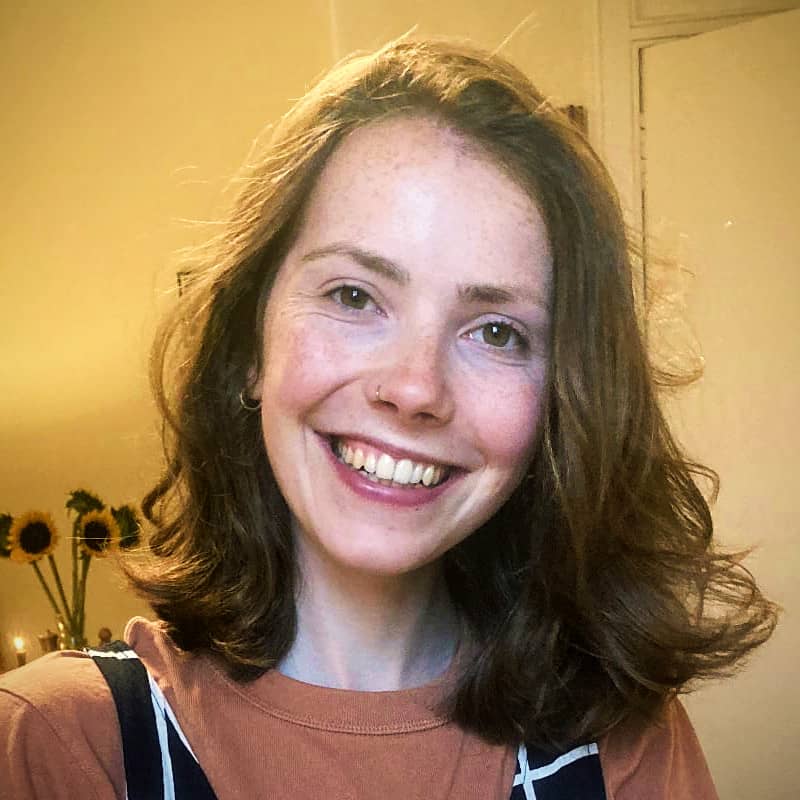
Olivia Morgan
Olivia is a Project Officer at Nourish Scotland. Her professional background is in social policy and research. She has a Master’s degree in Adult Education for Social Change, with a specific interest in the role of learning and knowledge exchange in community power building. Olivia supports Nourish’s work on aquatic foods and agroecology.
researcher

Dr. Scott Leatham
Scott is a researcher and consultant with a mixed academic and NGO background in political ecology. He has a PhD in Global Political Ecology. Their ongoing research varies from generative AI’s impact on knowledge ecosystems to Queer / planetary justice intersections. Through participative methods, his recent work has focused on how democratic, plural, and problem-oriented policymaking can help address interconnected crises.
More info: https://www.leatham.scot/
